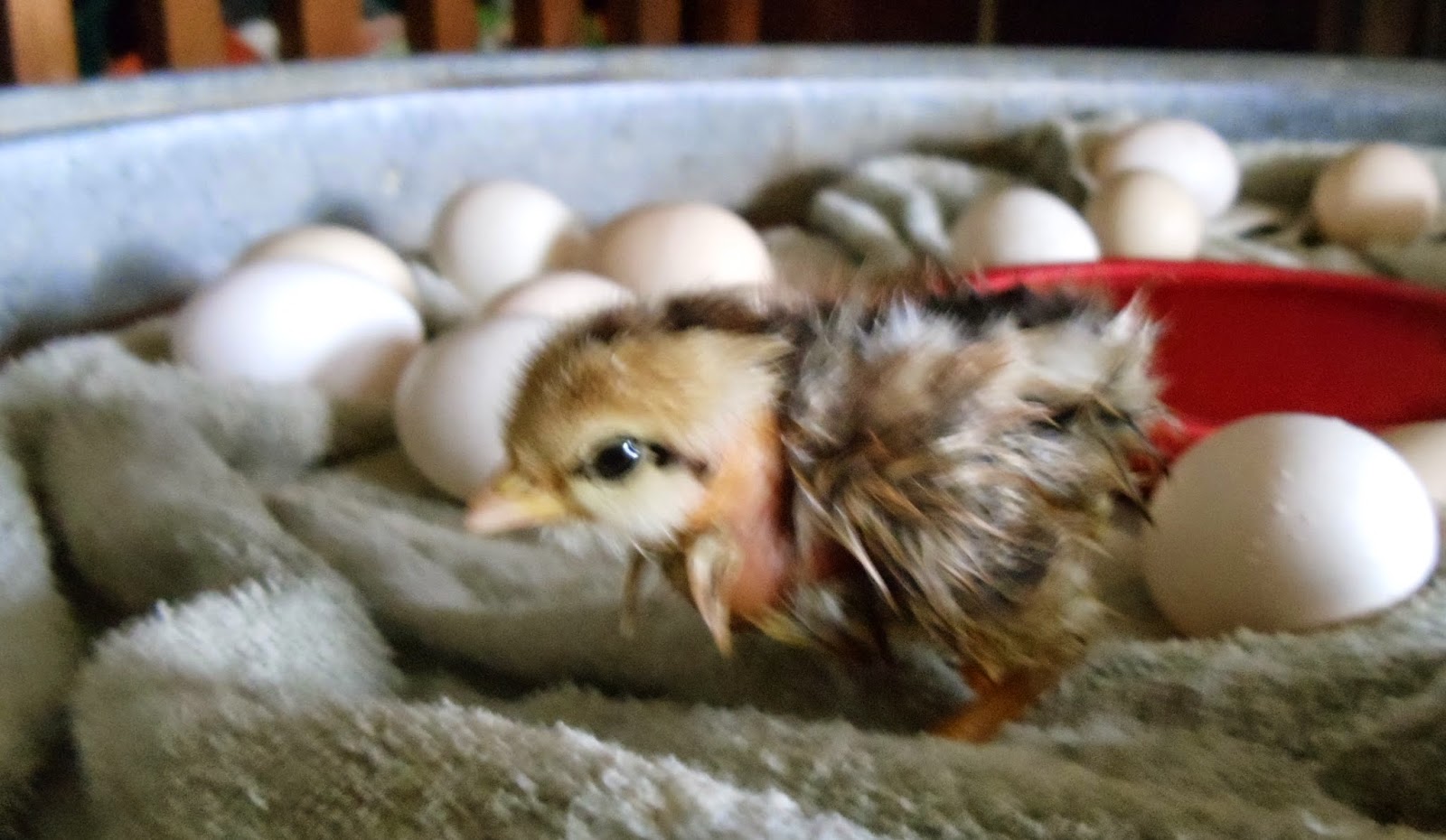From August 2009:
 |
| Our 1950s Sears incubator. Our neighbor had better luck with it than we had. |
I
was on vacation last week, if anyone wondered why I was in town so frequently.
Since vacation is about doing exactly what you want to do, no matter how
mundane the activity, I cleared the milkweeds from our back pasture.
I’ve been feeling guilty since admitting that the pasture was lost to milkweeds: an invasive plant that monarch butterflies love but is toxic to livestock. To give up on the pasture was the same as giving up on any long-term goal I might have in life. So with a week off from work and Wyatt away at camp, there was no time like the present.
I’ve been feeling guilty since admitting that the pasture was lost to milkweeds: an invasive plant that monarch butterflies love but is toxic to livestock. To give up on the pasture was the same as giving up on any long-term goal I might have in life. So with a week off from work and Wyatt away at camp, there was no time like the present.
 |
| Molly, pre-milkweed days. |
I
studied the two-acre parcel of overgrown pasture, wondering how and where I
should start. Wyatt has seen Molly, our tiniest pygmy goat, jump straight up on
all fours so she could see over the weeds.
I started with damage control, removing all plants in sight that had sprouted seed pods and were ready to propagate.
Next came the milkweeds which had caterpillars on the leaves, the caterpillars safely transplanted to canning jars which Mike had prepared. Next up, the milkweeds with seed pods directly outside of the pasture, ready to send in their unwelcome reinforcements.
I started with damage control, removing all plants in sight that had sprouted seed pods and were ready to propagate.
Next came the milkweeds which had caterpillars on the leaves, the caterpillars safely transplanted to canning jars which Mike had prepared. Next up, the milkweeds with seed pods directly outside of the pasture, ready to send in their unwelcome reinforcements.
Eventually,
my line of vision cleared so I could see milkweeds with seed pods in the center
of the pasture. I made my way toward them, pulling out smaller plants along the
way.
It was work that was deliberate, repetitive, and methodical—and thoroughly rewarding. Feeling a whopper of a root race through the dirt and seeing the pile of pulled weeds grow larger were tangible benchmarks of accomplishment.
My
friend David Spohn, who is an artist and author of children’s books, has worked
many diverse jobs such as a pig farmer and a day laborer. One of those jobs
involved unloading a boxcar filled with lumber of random sizes and lengths. He
worked with two older men, who gloated over the fact that they got this college
kid to unload the entire car by himself. But Dave tells me that those days of
sorting and stacking resulted in the most satisfying series of illustrations he
had created to date.
Spending the week removing milkweeds made me think of migrant workers who pick produce for a living, and the idea that immigrants “do the jobs that Americans won’t do.” I’m not sure if it’s true, but a lot of people think it is. Even mainstream newscasters have repeated that statement as fact. I’d pick milkweeds for a living. For $20 an hour, yes, but not for $2 an hour.
The
immigration question reminds me of a time back in the early 1960s when I wasn’t
much more than five years old. (I know, I’m really dating myself.) Alabama
governor and segregationist George Wallace was in the news. The word going around
was that Wallace would, using the vernacular of the time, send the coloreds
back to Africa. In our blue-collar suburban Detroit neighborhood, the black man
was the boogeyman.
I
remember a group of friends and I racing from door to door to spread the news: Didja hear what George Wallace is gonna do?
Why this was important to children who had never met a person of color, how the
people in question felt about the move, and how Wallace planned to implement
the move, none of this mattered. We just took the news and ran with it.
An informed public is never a bad thing. The next time you hear an idea that you question, including ideas from sources you trust, question it. Is that idea true? How do you know it’s true? Can you give an example to prove it?By Saturday afternoon, I surveyed my work with satisfaction. The pasture was no more than gray, dusty soil and patches of brownish-green stubble. But not one milkweed could be found. With regular attention it will stay that way. Despite the sad condition of the grass the goats had no trouble finding browse, and Molly could keep her flockmates in sight without jumping. Inside the house, monarch chrysalises hung from the lids inside two canning jars.
Pulling
weeds isn’t the kind of vacation activity that you can wow your coworkers with
on Monday morning. But accomplishing this seemingly hopeless task gave me hope
for greater goals and greener tomorrows.
The original version of this post was published in the Askov American and appears here with their permission.


As a poultry farmer, I find this information on feed conversion and growth optimization extremely valuable. Poultry Growth
ReplyDelete